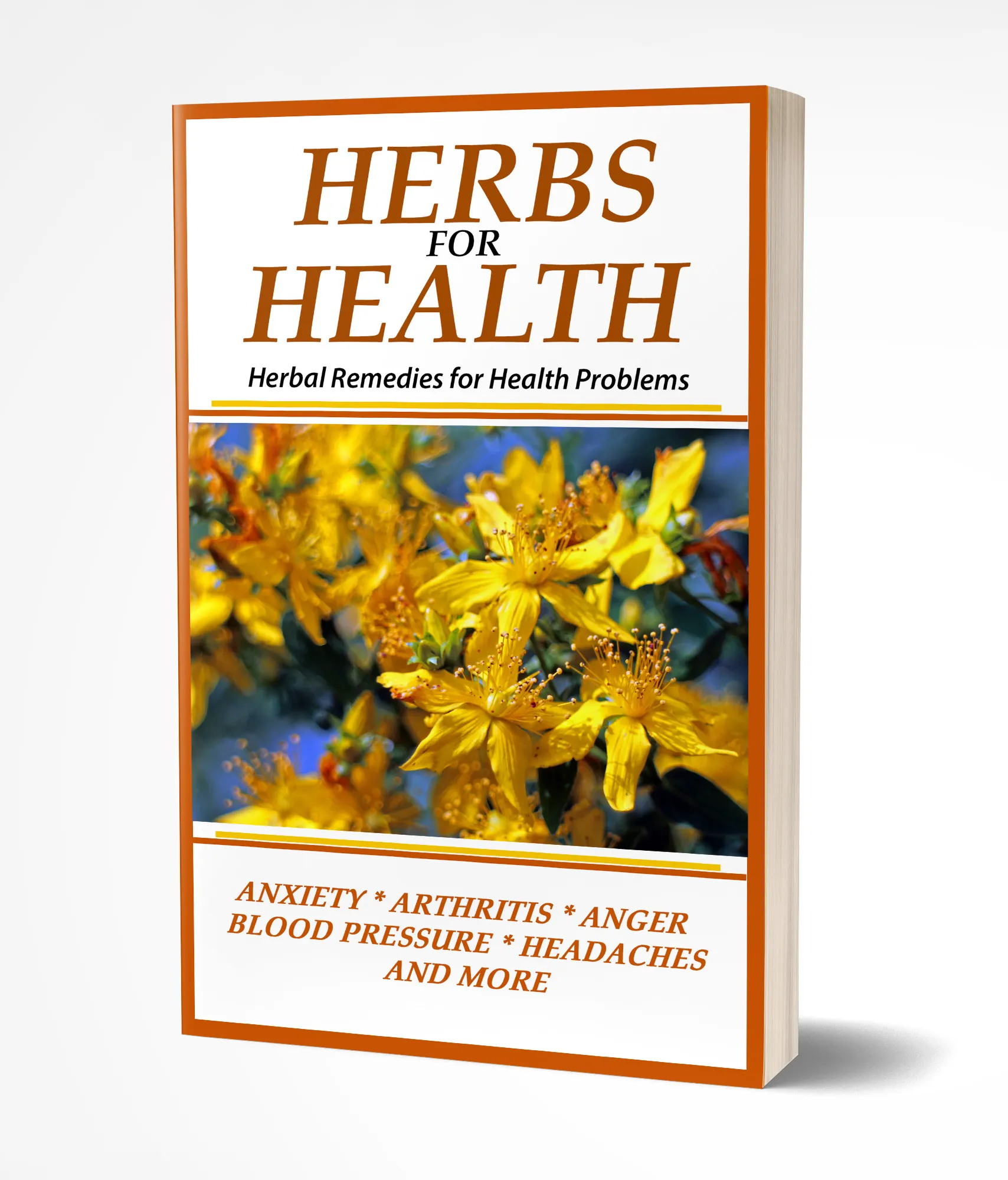Many people who love to travel fantasize about seeing different parts of the globe in depth, not just stopping by for a quick visit. Getting enough time off work for such extensive travel is not always easy, which leads some to consider a drastic option meaning moving to another country. This is a big step and can be too overwhelming for many.
There is a concept called slow travel which involves staying in one place and living as a local instead of trying to see everything and ticking boxes off a bucket list. Both slow travel and becoming an expat provide a way to deeply connect with new places and cultures. In this article, we will go over each option so you can decide which is best for you.
What is expat life like?
An expatriate, or expat, is someone who moves to a different country from their own for a long time, often because of job opportunities, a desire for a change in lifestyle, or to experience personal growth. People choose to live as expats for a lot of different reasons.
Living as an expat gives you the opportunity to learn about a new culture and often presents more travel possibilities. It means becoming part of a new community, learning to understand and respect new ways of doing things, and sometimes even learning a new language.
Living as an expat is not like being on vacation, however. You’ll need to do a lot more paperwork to make sure that you can stay there legally such as getting a visa and residency. It also means having global health insurance plans to keep you covered in case you get sick or have an emergency.
What is slow travel?
Slow travel is a way of visiting places that focuses on taking your time to really get to know the local area, its culture, and its people. Instead of quickly moving from one famous sight to another, slow travelers stay longer in one place. This deeper stay helps them form a stronger connection with the place and the people living there.
The main goal of slow travel is to travel in a way that is better for the environment and more considerate of local communities. Slow travel can lessen the environmental footprint of travel and support local businesses more effectively. They often choose to stay in small guesthouses or rent apartments, which helps them feel more like a part of the community rather than just visitors.
Slow travelers usually try to experience what daily life is really like in the places they visit. They might shop at local markets, eat at restaurants favored by locals, or join in on regular activities in the community.
There are many different places that can be great for slow travel, from quiet rural areas like the countryside in Tuscany to bustling urban centers like Tokyo. The important thing is to pick a place that feels meaningful and allows for thorough exploration.
Pros and cons
There are good sides and bad to any scenario and often it pays to know what they are to be able to make a decision.
One of the main benefits of slow travel is its flexibility. Travelers can take their time to explore each location fully, allowing them to discover more and adapt their plans on the go. This can make the trip more relaxing and personalized.
Slow travelers also get to experience a variety of activities and meet different people, which helps them understand each place better. Slow travel doesn’t require a big commitment, giving people the freedom to go back home or travel somewhere new whenever they want.
However, there are downsides too. Since slow travelers don’t stay long in any place, it can be hard for them to make lasting friends or feel part of the community. Moving from place to place can also be tiring and may lead to travel fatigue, where planning and adjusting all the time becomes too much. Over time, this constant need to get used to new places can make it difficult to keep enjoying the trip.
Becoming an expat also has its advantages. Expats often form strong connections in the community because they live in one place longer. This stability makes everyday life more predictable and comfortable, as they have a regular routine and a permanent home. The added benefit is that travelign to new places doesn’t generally mean having to go far to experience.
However, expat life comes with its challenges too. Moving to a very different culture can be shocking and hard to adjust to at first. Dealing with visas and other legal requirements can be complicated and stressful. Expats might also feel lonely, especially if they are far from family and friends or if they don’t speak the local language.
The post Slow Travel vs Expat Life: What’s The Better Option For Travelers? appeared first on Heal How.
Flash News
Empowering you to live a fit and healthy life






